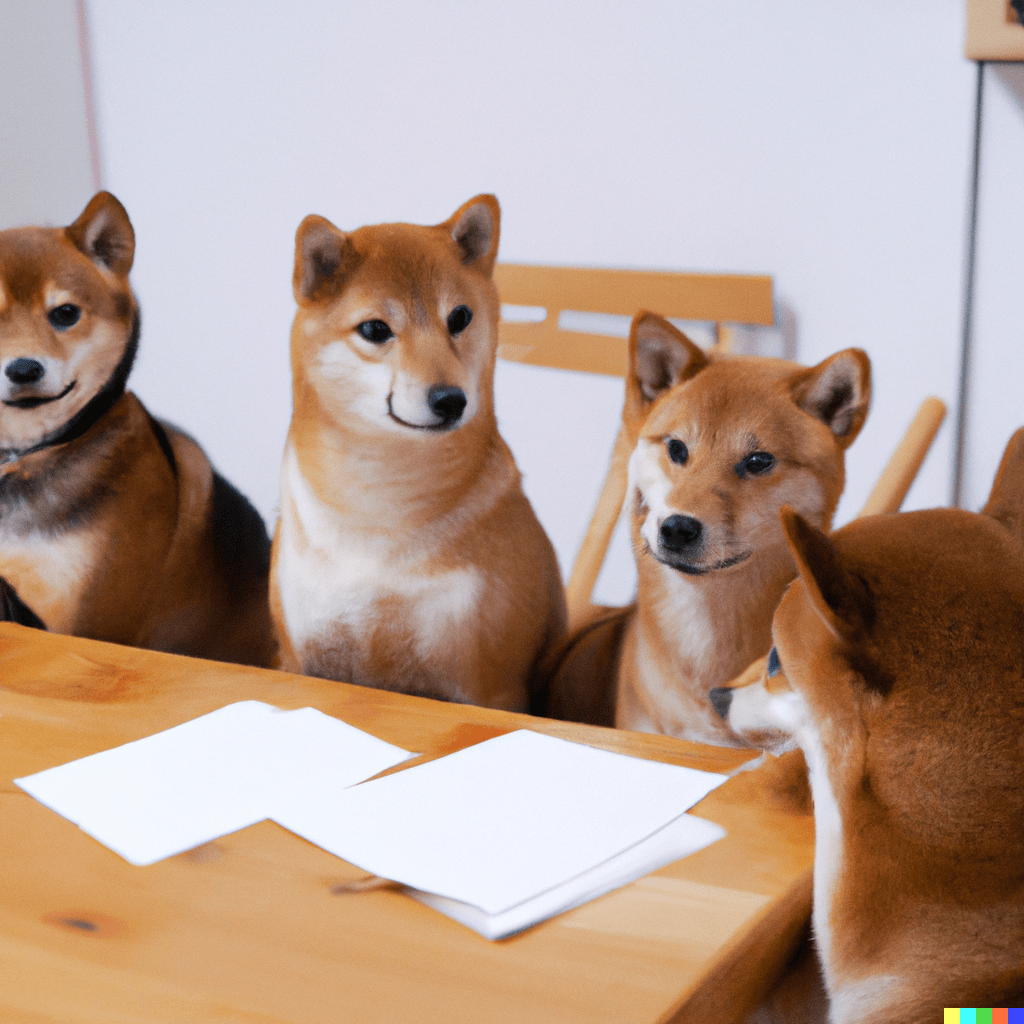5 Tips For Hosting Effective Meetings
May 23, 2023 17:51 · 1008 words · 5 minute read
Meetings play a crucial role in organizations, bringing teams together to discuss ideas, make decisions, and drive projects forward. However, poorly organized meetings can be unproductive and waste valuable time. Hosting meetings effectively requires careful planning, engagement, and facilitation. In this article, we present five essential tips to help you host meetings that are productive, engaging, and result-oriented.
1. Define Clear Meeting Objectives
Clearly defining the meeting objectives is the foundation of an effective gathering.
Establishing clear goals and communicating them to participants beforehand helps everyone understand the purpose and focus of the meeting. When sending out meeting invitations, include the objectives to ensure participants come prepared and can actively contribute towards achieving them.

How do you do that?
Let’s say you need to go through the changes with your team and discuss each. Establish the goal like “prepare the next iteration of the project” so that everyone is clear that the discussion is about preparing next phase of your project.
This will let people also think outside the agenda and contribute ideas that can help to achieve that goal.
2. Prepare and Share an Agenda
A well-structured agenda serves as a roadmap for the meeting, guiding discussions and ensuring that important topics are addressed within the allocated time.
Create a detailed agenda that outlines the key discussion points, time allocations for each item, and any necessary materials or documents to review. Sharing the agenda ahead of time allows participants to prepare, gather relevant information, and contribute effectively to the meeting.

Agenda saves time. It speeds things up and make everything move fast. It also makes it possible to postpone irrelevant items (or rather less important) for the next meeting to not overwhelm participants.
This also allow the room for others to add their points without making it too big.
3. Keep the Meeting Concise and Time-bound
Respecting everyone’s time is vital for maintaining engagement and productivity. Start and end the meeting on time to establish a culture of punctuality.
Adhere to the time allocations specified in the agenda for each agenda item. If a topic requires more discussion, consider scheduling a separate meeting to delve deeper or assign it to a smaller working group.

Proper timing will ensure engagement quite well. Here are some of my tips:
- People should know exactly when meeting ends. This makes it more comfortable and eliminates the feel of “endless boring meeting”
- Interrupt when you feel like things are getting derailed or too slow. This is OK to do occasionally. In that case, people will know you can step in to save others from the feel of wasted time
- Be straight. Talking right on point without long intros will save a lot of time an energy.
- Start at the meeting start time. I personally think that waiting everyone who’s late does more harm than good. If you are late for 5 minutes, typically it won’t mean you missed something important but saves a lot of time. Besides, next time you know for 100% that nobody will be waiting for you which will encourage you to do the time management.
My preference here is no more than 60 minutes straight.
4. Encourage Active Participation
Engaging all participants and encouraging their active involvement is key to hosting an effective meeting.
Create an inclusive environment where everyone feels comfortable expressing their ideas, thoughts, and concerns. Avoid dominating the conversation and actively seek input from quieter participants. Utilize techniques like open-ended questions, brainstorming sessions, and round-robin discussions to ensure everyone’s input is heard.
By fostering active participation, you tap into the collective knowledge and creativity of the team, leading to more robust outcomes.

Easier said than done. Here is my approach:
- Talk less and listen more. That’s the most important. Tell what you need to tell and let others discuss.
- When asking a question, refer to a initial meeting goal. It creates a feeling of the purpose. It reminds why we all here and the reason why the question being asked.
- Involve participants at the stage of compiling agenda. It might not be possible every time, but typically you can gather several agenda items from others, so they become an owners of the topic.
5. Follow-Up with Clear Action Items
An effective meeting should conclude with clear action items and next steps.
Summarize the decisions made, key takeaways, and assign specific tasks to individuals with defined deadlines. By documenting action items and sharing them with participants, you ensure accountability and clarity. Follow up on action items after the meeting to track progress and address any challenges. This fosters a sense of responsibility and helps maintain momentum towards achieving the meeting’s objectives.

Simple email with the list of decisions, tasks and outcomes will do the trick. I personally don’t like spending time on complicated documents. Key takeaways:
- Email works just well
- Send the email also to people who were not participated but could be interested in the outcome. This creates a context for others. They will know what you were talking about and may reference that in their work. It will also create a sense of importance for them.
- Use lists. They are easier to read than plain text. It also structures your own thoughts.
Conclusion
Hosting effective meetings is crucial for maximizing productivity, collaboration, and achieving meaningful outcomes.
By implementing these five tips, you can create a meeting environment that is purposeful, engaging, and result-oriented. Remember to establish clear objectives, prepare a detailed agenda, keep the meeting concise, encourage active participation, and follow up with actionable items.
By incorporating these practices into your meeting management, you will not only make the most of everyone’s time but also enhance teamwork, decision-making, and overall organizational effectiveness.
In my view, meetings are one of the staples of the modern work and making them better will make a huge impact.